In 2025, the Trump administration implemented a freeze on federal research grants to several prestigious universities, including Columbia, Brown, and Harvard. The freeze was initiated in response to concerns over antisemitism and ideological bias on campuses. This unprecedented move led to legal and political disputes within academic circles.
The Federal Funding Freeze
The freeze was part of an initiative led by the Department of Education’s Office for Civil Rights (OCR), investigating over 60 universities for alleged violations of civil rights laws, specifically regarding antisemitic harassment. As a result, significant amounts of federal funding were suspended, disrupting research and academic programs.
- Columbia University: Faced a $400 million funding freeze for alleged antisemitism on campus.
- Brown University: Had $510 million in grants frozen, with similar concerns about antisemitism.
- Harvard University: Suffered the largest impact, with over $2.2 billion in frozen funds.
These actions disrupted research projects, drawing criticism from academic and civil rights organizations alike.
Settlement Demands and Institutional Responses
To restore the frozen funding, the Trump administration demanded financial settlements from the universities. These settlements came with conditions aimed at addressing alleged civil rights violations, including reforms related to antisemitism and ideological bias.
- Columbia University: Agreed to a $220 million settlement, with oversight by an independent monitor.
- Brown University: Accepted a $50 million settlement, committing to anti-bias reforms and workforce development programs.
- Harvard University: Refused to accept the terms, arguing that they infringed on academic freedom and autonomy, leaving the freeze in place.
These settlements set a precedent for how the administration addressed civil rights concerns on college campuses.
Legal and Political Implications
The freezes and settlement demands raised significant constitutional and political questions, highlighting the tension between federal authority and university autonomy.
- Constitutional Concerns: Critics argued that the administration’s actions violated universities’ rights to academic freedom and institutional independence.
- Political Motivations: Some saw the freeze as politically motivated, aiming to influence campus policies on diversity, equity, and inclusion (DEI), and political activism.
- Federal Oversight Precedent: The settlements established a framework for increased federal oversight of university policies, potentially paving the way for further governmental control over campus governance.
These developments sparked legal challenges and debates about the appropriate scope of federal involvement in academic affairs.
Broader Impact on Higher Education
The freeze on federal funding had a wide-reaching impact on higher education institutions across the country.
- Financial Strain: Universities, particularly those heavily reliant on federal funding, faced severe financial strain due to the loss of research grants.
- Policy Reforms: Universities that reached settlements were compelled to make significant policy changes, such as implementing new measures to combat antisemitism and promote ideological diversity.
- Campus Climate: Federal interventions influenced campus climates, prompting universities to reassess policies on protests, faculty hiring, and curriculum content.
These actions highlighted the growing intersection between federal policy and campus governance, raising questions about the future direction of higher education.
Long-Term Effects and the Future of Academic Freedom
The Trump administration’s freeze on federal research grants marked a significant moment in the relationship between the federal government and universities. While some institutions restored funding through settlements, the broader implications of federal involvement in university policies remain uncertain.
The future of academic freedom, federal oversight, and the role of universities in addressing social issues will likely continue to evolve, shaped by the actions and legal battles stemming from this freeze.

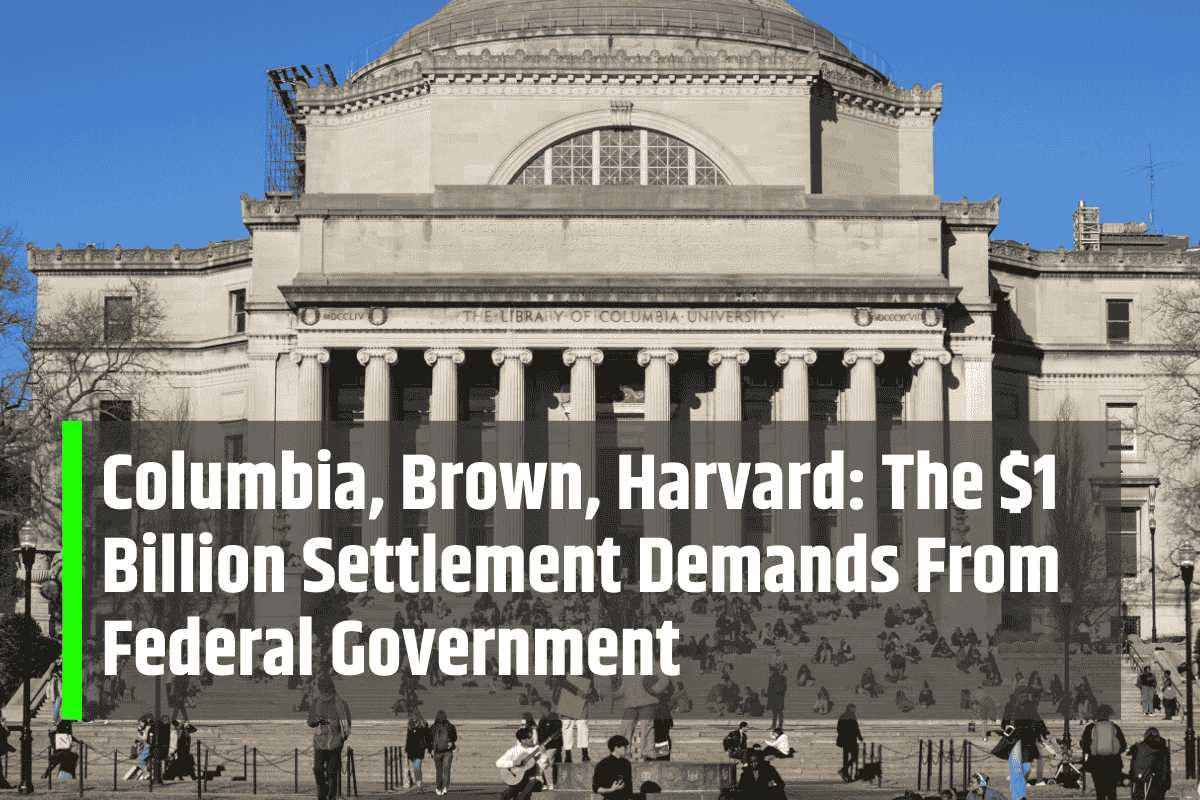
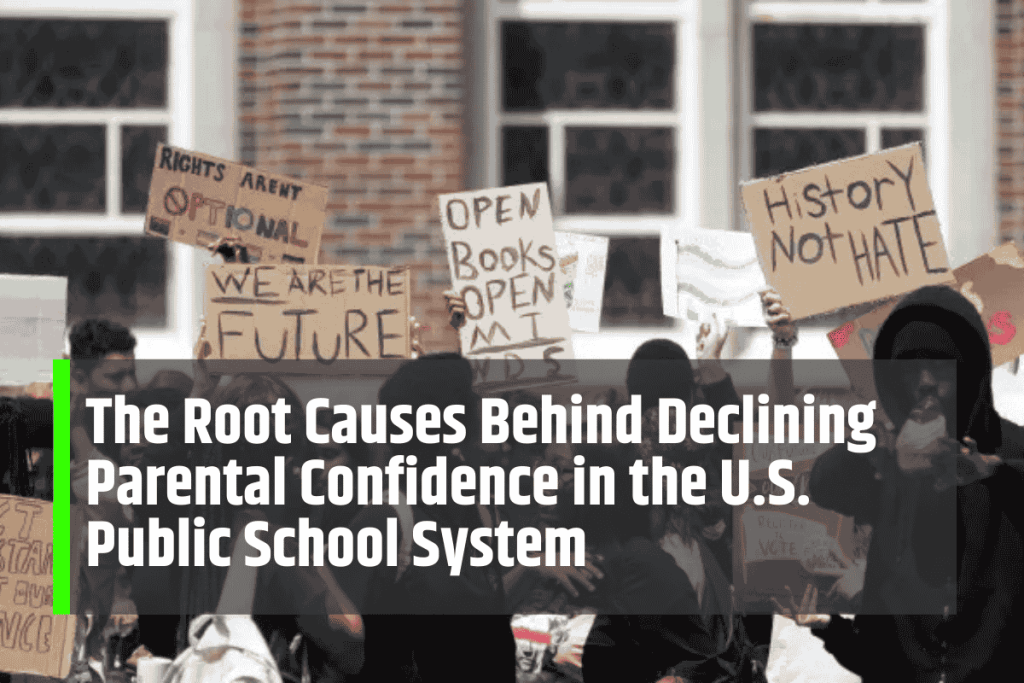
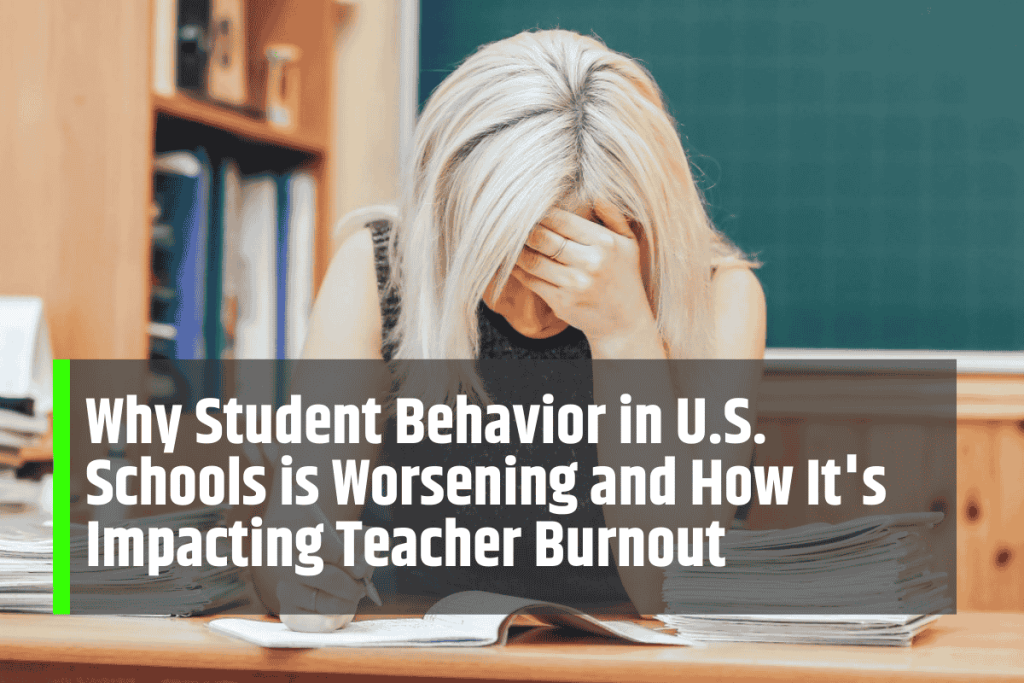
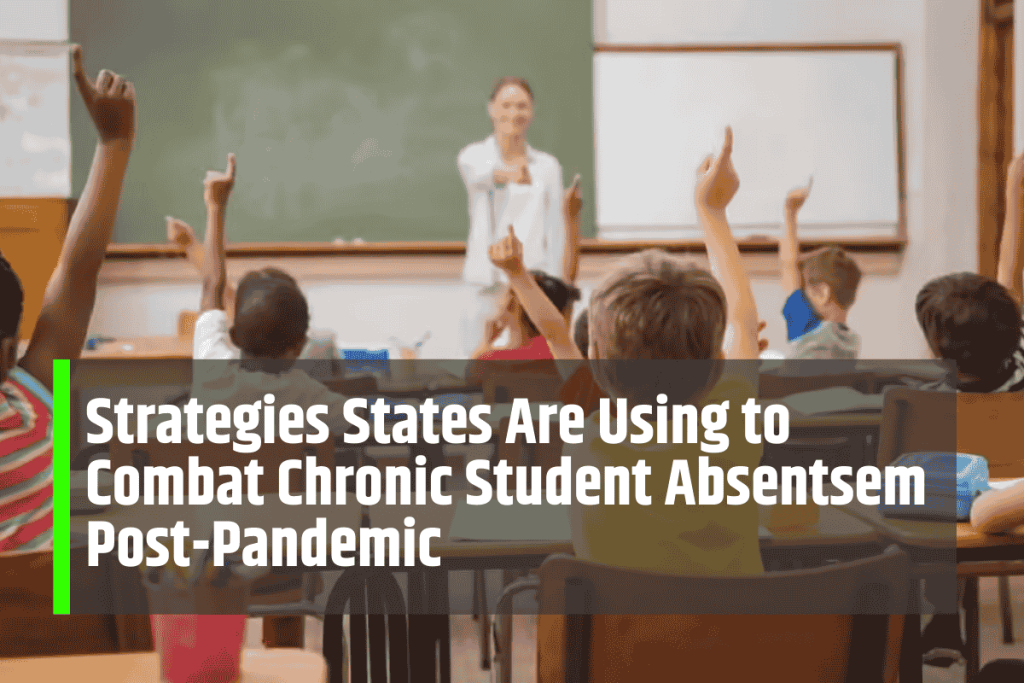
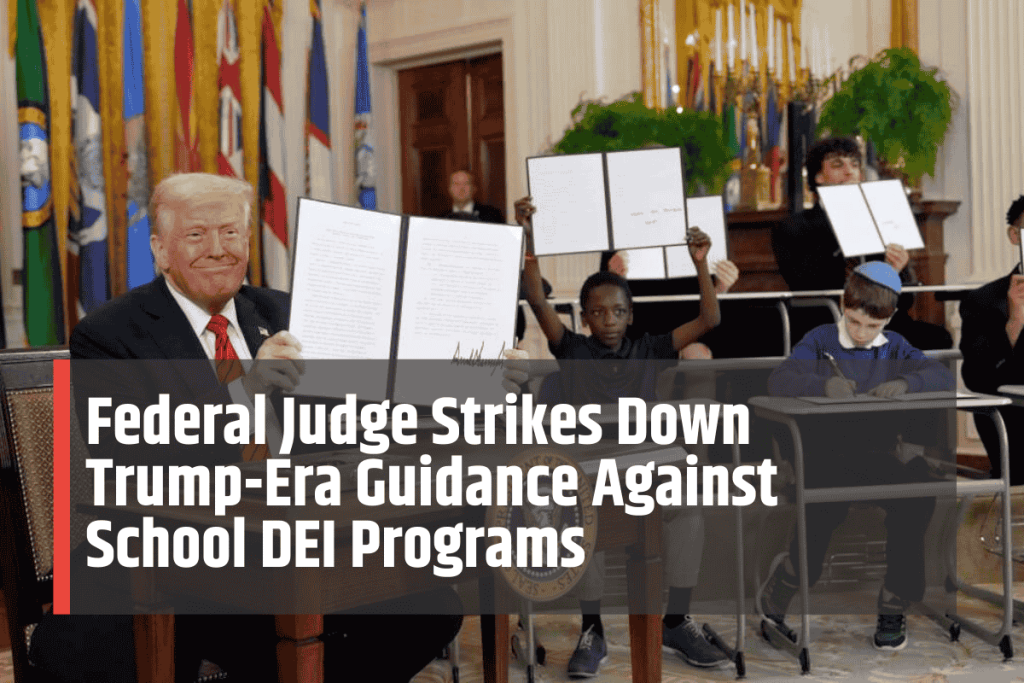
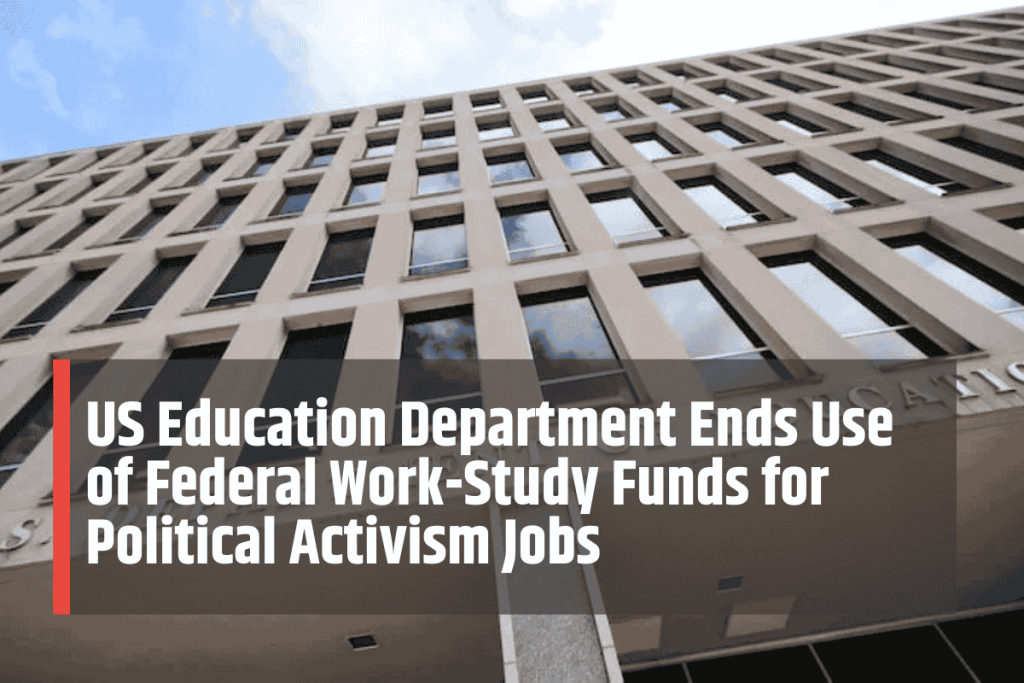
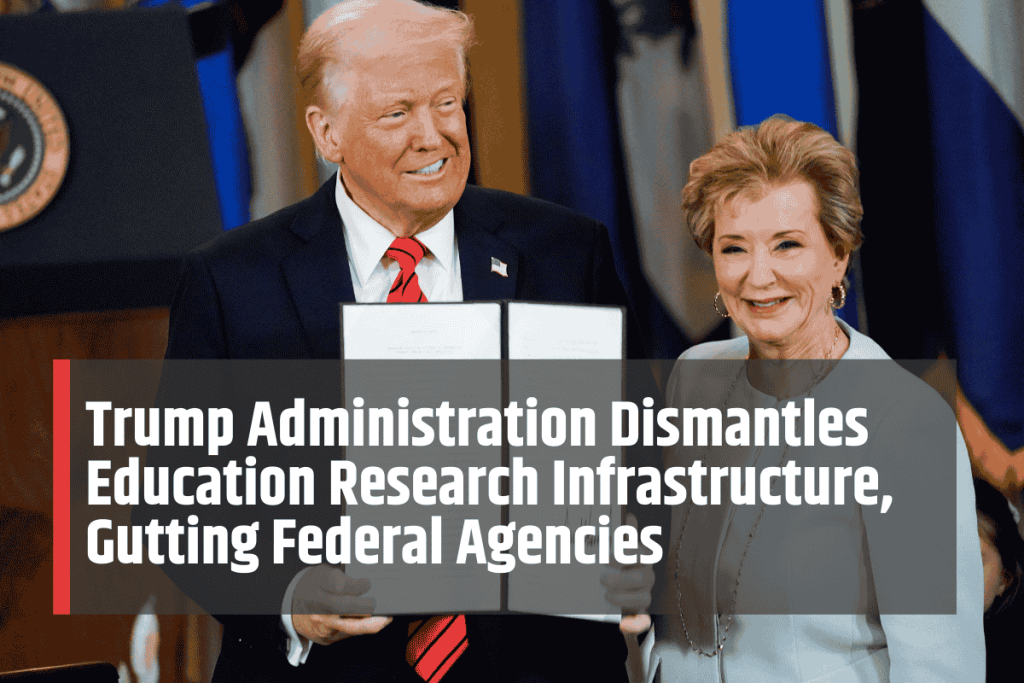
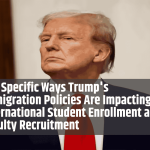

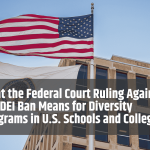
Leave a Comment